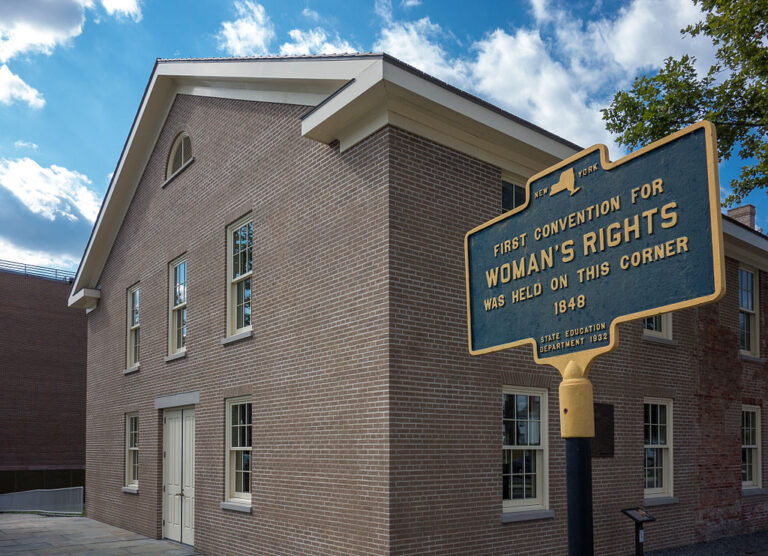The Best Short Story I Read in a Lit Mag This Week: “The Radical” by Brock Clarke
A few weeks ago I wrote about the risky ending of Mary Helen Specht’s “Night Island,” and how her switching perspectives at the end turned a potentially good story into a great one. In “The Radical” (The Cincinnati Review 11.2), author Brock Clarke also take his story to another level with a provocative ending that leaves the reader breathless.
The first plot thread appears in the doctors office, where the narrator is shocked to discover that he has cancer and has two years to live, unless he decides to take a radical, new treatment—which could potentially give him much more time. The narrator decides to try the radical treatment. “Go home,” the doctor says. “Tell your wife, hug your kids, be well, get some sleep, live your life, don’t do anything crazy.”
Crazy, for the narrator, would be telling his wife Therese that he’s been sleeping with her best friend. That night, he writes her a note confessing everything.
Here’s an excerpt:
…When you (his wife) wake up, do you find out that he (the narrator) is alive, sleeping next to you? Are you glad?…Do you wake up to find that he is alive but that he has left you while you were sleeping? That he has left you for another woman who does not sleep so much, a woman who prefers reality to dreams…?
But the narrator never delivers the letter. Clarke has set up the second plot question: how will this infidelity resolve?
So it would stand to reason that the story would then propel itself towards a fiery conclusion artfully answering the questions of whether he will survive cancer and whether the marriage will survive. You might anticipate a scene with the narrator returning to the doctors office, the narrator being handed a piece of paper holding the words spelling out his future or his doom; you might anticipate screaming, clothes being thrown out of the bedroom window. Some combination thereof.
Clarke does resolve both threads, but instead of concluding them dramatically, he does the opposite: resolves them with severe understatement.
“So maybe it’s enough to say that when Therese woke up the next morning I told her about the cancer, about the radical (treatment), and we acted like it was not going to fail, and then I got the radical and it did not fail.”
…and:
“…Therese had her suspicions and then secretly followed us around until she confirmed those suspicions, and then she and Derek, half out of revenge, half out of maybe always kind of wanting to, had their own affair…and of course we all got divorced, and everyone moved away from Portland except me.”
So why did Clarke bury the drama in summary? Why not dramatize events that are so full of conflict and passion, the very ones that resolve the plot?
Clarke’s answer is in the past. He ends the story with a flashback of that night after the narrator discovers he has cancer, when he writes that confessional note and then tears it apart. The narrator found himself awake in the middle of the night, staring out the window, with his wife standing next to him. She asks him if he’s scared, but the question is interrupted by couple of boys—who have never been mentioned before—chasing a skunk—ditto—down their street, boys firing their BB guns at it. The skunk escapes down a drainpipe, and then, “there was a thick fog rolling in from the water, and the boys disappeared into it,” followed by, “a mournful howl and then laughter.” The story ends with Therese asking him, “Scared of what?”
Fear. Clarke resolves the plot threads in order that he can dramatize what is haunting, perhaps what is driving, the narrator’s actions. Fear of the unknown. Fear of death. Fear of pointless, unnamed violence. It feels like an admission of change on the part of the narrator; he now realizes that there are resolutions to stories of cancer and infidelity that one can look back on and find closure—even to the point of giving them only a few sentences of summary—but only in light of that bigger ending coming for us all, clouded in mystery.

